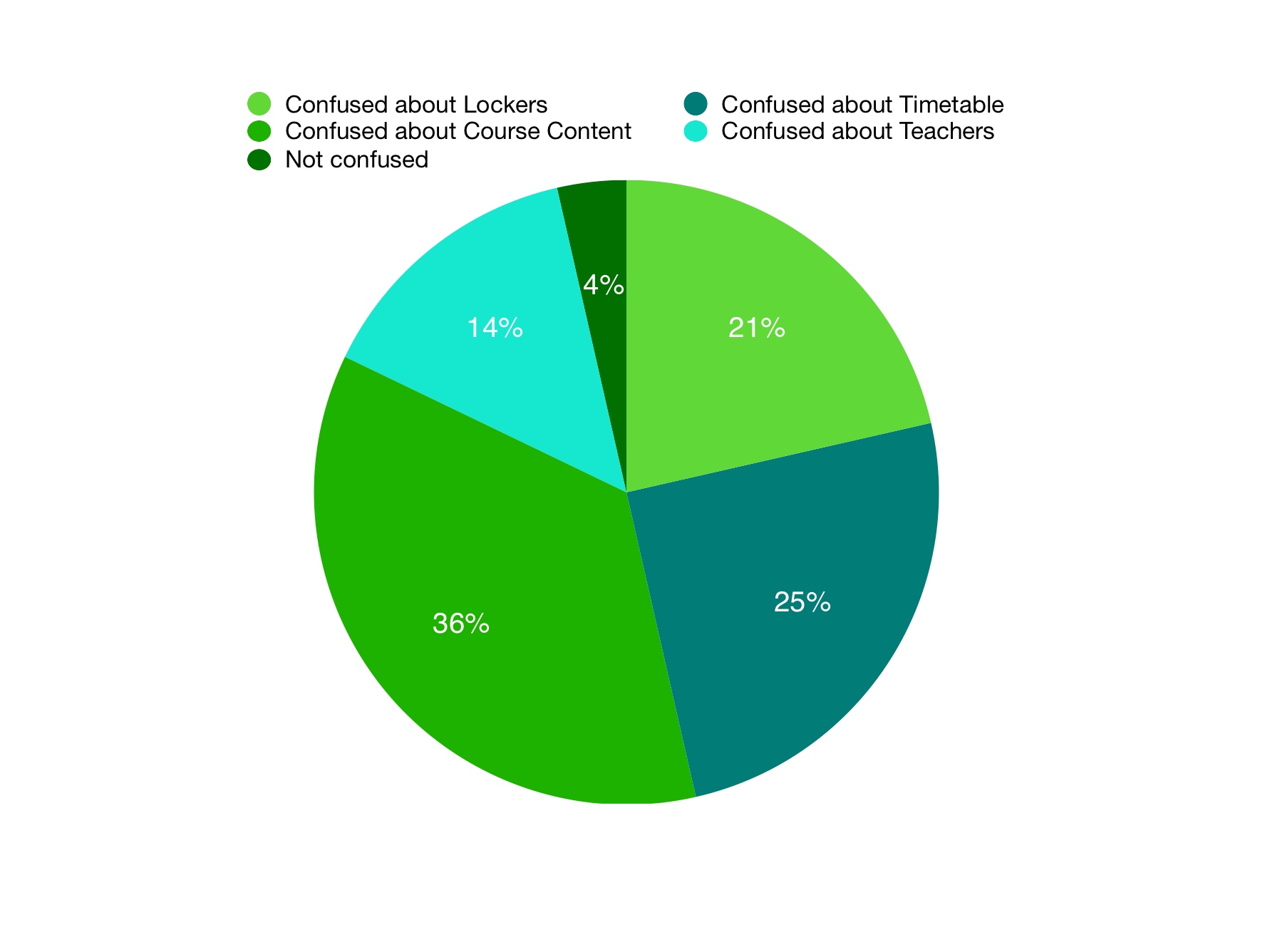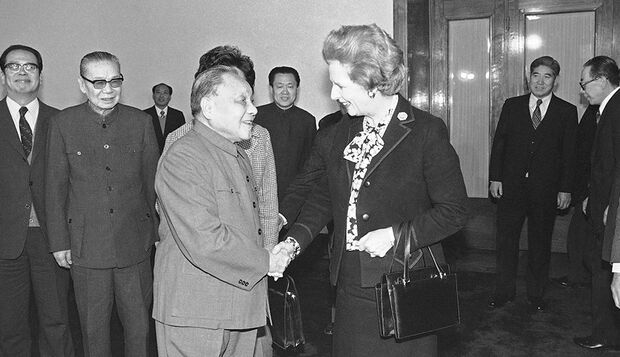The deeper we go into this history topic, the more I am beginning to dislike the projects PLP gives. For this post, I will be making a Snap Shot Autobiography. I will take four memorable moments from my life and create a snapshot of it with a visual. One of these memories will be have an interview of someone who saw the moment from a different perspective. This will be used to show how historic thinking can affect what people think of their past memories. I will then apply the historical questions from my previous post to each scenario.
First Memory:
The first memory was decided by the teachers to be my birth which I find odd as no one remembers exactly what happened at their birth. I was only able to grab my mothers perspective on the matter. The doctor asked her if I was to be born on the 6th or 5th. My mother said the 6th because even numbers were lucky. When the doctor took me out of my mothers womb, I was apparently a bit long, had a really big head, and I was also born a bit late. She thinks maybe I was a bit too comfortable inside so I stayed longer. Reflecting upon the time of when this event happened, I wonder what I thought during that time and also if my thinking capacity was even functioning. After finding out about these facts, I find it very significant that to realize the details of my birth. The evidence is all there from the primary source of my mother. Has it changed me in some significant way? No. I do not see a point in changing myself, I would rather keep them as just interesting facts. I have no historical perspective on the matter because I do not remember that time. I do believe that my mother found it very life changing at the time and still feels its effects in the same way today.
Second Memory:
This memory is about the time I received my pay and spending it. I remembered working for a garage and all the while concentrating on learning about cars than expecting my paycheck to arrive. I had to be reminded by my mother to check my back account which is strange because I usually have high regards for money. Upon checking my account, I realized that this money was made by me and not given by my relatives out of good will or Chinese New Year. I could do what I want with it within reason and my parents would not be able to say that in reality, when I buy things it is actually them buying it for me. Being audiophile, I went out and bought a very expensive pair of earphones. Probably not the best use of my money and it was definitely frowned upon by my parents, but what can they do. I felt great when my parents could do nothing about the purchase. The proof of this happening is the headphones themselves, I have them and there’s picture below. Making money has changed me a lot because I am finally able to have the freedom to do things I want to do. When I first bought the headphones, I thought there would be nothing more expensive I could buy. Nowadays, the price I paid for those headphones seems quite insignificant to the money I have spent on my car. Was it ethical? Maybe. In the wise words of the group who presented ethical judgement of history to me, there is no right or wrong answer. In my opinion, I believe it was justified.
Below is a very accurate reenactment of how I was sold into buying the headphones.
Third Memory:
My first week of high school is a memory that I will always remember. I walked to my new school with a pretty good idea of how things would go. It was applying what I have learned to those expectations that was shockingly hard. I always forgot my locker combination and where it was which caused me to pull out that locker info sheet every hour. The order of the classes was also confusing as none of the grade really knew how to read the schedule which led me to walk to some classes that had the right subject but not the right teacher. I know look back at that time and kind of laugh at myself for panicking so much. I suppose that the older I got, the more used to I got to the system. I believe that my reaction back at that time was justified because everything was so new to me. There was no way that I could get used to all immediately.
Below is a pie chart of my confusion at school.
Fourth Memory:
My final memory that I would snapshot is the first time I drove unsupervised in a car that I owned. I have had my N for a while now and finally bought out a car from a family friend. I felt surprisingly free as I realized that there was no one to nag me about my skill and destinations. I was alone in a machine that could take me to wherever I wanted to go as long as I went home at an expected time. After the official purpose of the trip had been completed, I immediately took the car on a celebratory run to a destination. With the sense of happiness also came a sense of responsibility because I was now responsible for any danger that would happen to me and other people. Again, whether or not it was an ethical decision to drive and own a car is up in the air. I think its ethical because it has been an absolute treat. Below is what my mother thought of the situation. I think that we both shared the same concerns and thoughts regarding the matter. Even though her perspective is different it was a significant to her as it was to me, there was definitely evidence to show I did it, the changes of responsibility were agreed upon, and it was ethical for both of us.
After writing all these posts, I never thought that while writing them, I was kind of already answering some of the historical questions from my previous blog post that I had to answer. I suppose that people already do some of the same analysis we learned on the previous project.





